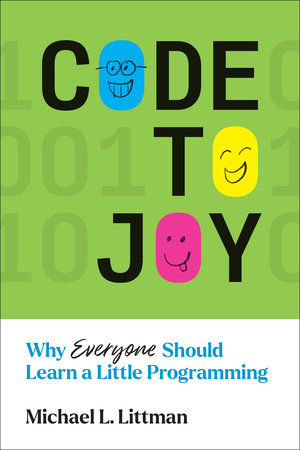Quest | CBMM Seminar Series: Physical problem-solving in humans and machines
Abstract: Every human culture we know of creates and re-purposes objects as tools to achieve their goals. These capabilities come so easily to us that we often forget how complex these behaviors are. Despite the universality of tool use in people, only a handful of other animals use objects in this way, and we tend to think of these as some of the most intelligent behaviors that other species display. In this talk, I will discuss my research program aiming to illuminate the computational and cognitive foundations of this kind of flexible physical problem-solving. By combining perspectives from cognitive science, machine learning, and robotics, my research suggests that the flexibility and efficiency of human physical problem-solving is supported by combining learning with structured knowledge in the form of objects, relations, and physics. These ingredients can explain both complex cognitive phenomena such as how people effortlessly learn to use new tools, and advanced capabilities in machines such as highly realistic simulation and tool innovation. By taking better advantage of problem structure, and combining it with general-purpose methods for statistical learning, we can develop more robust and data-efficient machine intelligence while also better explaining how natural intelligence learns so much from so little.
Organizer Email: cbmm-contact@mit.edu









